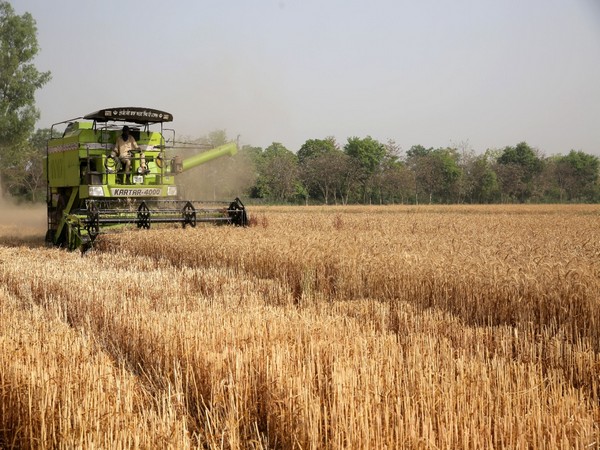India's Agricultural Exports: Navigating Trump's New Tariff Terrain
Indian economist Ashok Gulati suggests that India's agricultural exports might not significantly suffer from Trump's new tariffs. Strategic negotiations could even provide benefits, although outcomes depend on tariff comparisons with competing nations. Properly negotiating bilateral trade agreements could turn potential challenges into opportunities.

- Country:
- India
Ashok Gulati, a distinguished Indian agricultural economist at the Indian Council for Research on International Economic Relations (ICRIER), has weighed in on the potential impacts of the recent tariff announcements by US President Donald Trump on India's agricultural exports.
Gulati shared his insights, suggesting that while certain products might face competitive pressures if other countries benefit from lower tariffs, India's overall agricultural export sector might not suffer significant setbacks. The key, he emphasized, lies in shrewd bilateral trade negotiations.
The current scenario reveals that Indian agricultural exports to the US have been slapped with a 27 percent tariff, according to trade documents. However, Gulati pointed out the real determining factor will be how these tariffs stack up against those on exports from rival countries. For instance, Indian rice could gain an advantage if tariffs on exports from nations like Vietnam and Thailand are higher. Gulati reiterated that strategic negotiation could turn potential trade barriers into economic opportunities for India.
(With inputs from agencies.)
- READ MORE ON:
- India
- agriculture
- exports
- tariffs
- Trump
- US
- economist
- Ashok Gulati
- bilateral trade
- rice










